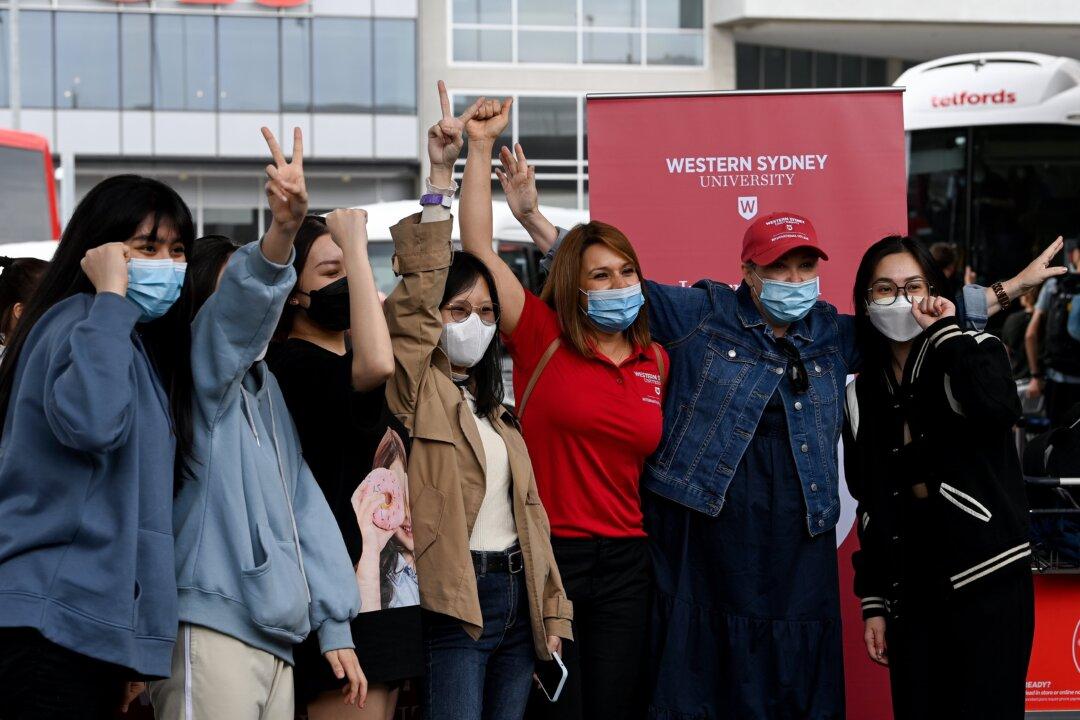Australia’s reputation as a top destination for international students is at “risk,” as education agents are increasingly directing prospective students to countries like the United States, New Zealand, and the UK, experts told the Parliamentary Committee on Education and Employment on Aug. 26.
Ian Aird, CEO of English Australia, stated that student visa application fees have increased by 125 percent, now nearly double those required to study at Oxford University in the UK, triple the cost of studying at Harvard University in the United States, and almost ten times Canada’s visa fee.





